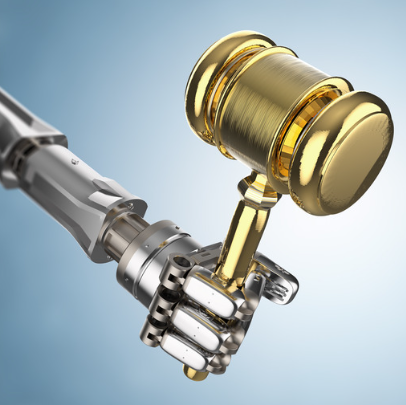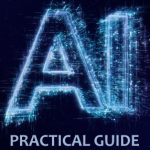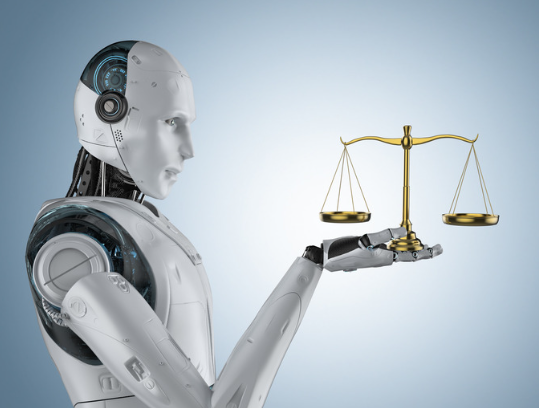AI for Lawyers: A Comprehensive Guide to Streamlining Legal Work
In the digital age, artificial intelligence (AI) is revolutionizing a myriad of industries, and law is no exception. This post provides a comprehensive guide to understanding and implementing AI for Law to streamline legal work and improve efficiency.
Understanding AI and Its Relevance for Lawyers
Artificial intelligence, or AI, refers to machines or software that exhibit human-like intelligence. They have the ability to learn from experience, adjust to new inputs, and perform tasks that traditionally require human intellect. The potential for AI in the legal sector, or AI for Law, is enormous and continually growing.
Relevance of AI for Lawyers
AI is becoming increasingly relevant in the legal sector due to its potential to automate and improve various tasks. From conducting legal research to reviewing contracts and predicting case outcomes, AI can transform the way lawyers work.
The Benefits of AI for Lawyers
AI offers numerous benefits for lawyers, primarily by improving accuracy and efficiency. Let’s delve into the specific benefits:
Improved Accuracy in Research and Documentation
AI tools can sift through vast amounts of data quickly and accurately, identifying relevant case laws, statutes, and legal precedents. For example, Exigent, an AI-powered legal research tool, can answer legal questions, read millions of pages of law in a second, and provide highly relevant, cited answers.
Enhanced Efficiency in Case Management
AI can automate routine tasks, such as document review and case management, freeing up lawyers’ time for more complex tasks. Tools like Casetext’s CARA automate case law research, helping lawyers to prepare more efficiently for their cases.
Predictive Analysis for Case Outcomes
AI can analyze previous case outcomes and predict future ones. This can aid lawyers in forming their legal strategies and managing client expectations.
AI in Contract Analysis and Review
AI can be used to analyze contracts for potential risks and rewards. For instance, LawGeex, an AI-powered contract review platform, can review contracts in minutes instead of hours, highlighting any problematic clauses.

Case Studies: AI in Action
Exigent – RPA in the Legal Industry:
RPA bots are capable of mimicking many–if not all–human user actions. They log into applications, move files and folders, copy and paste data, fill in forms, extract structured and semi-structured data from documents, scrape browsers, and more. For the legal industry, they can help in document review, by finding and extracting specific information from documents for relevant information. This can be extremely useful in cases where there are large volumes of documents that need to be sifted through. RPA implementation can help legal firms to speed up their workflow, increase productivity, and reduce operational costs in the long run.
LawGeex
LawGeex, an AI-powered contract review platform, has been instrumental in streamlining the contract review process for legal teams. It can review and approve contracts based on a company’s predefined policies, thereby saving time and reducing human error.
How to Implement AI in Your Legal Practice
Implementing AI for Law in your practice involves identifying the right AI tools and learning how to use them effectively. Here are some steps to get you started:
- Identify your needs: Determine what tasks you want to automate or improve.
- Research AI tools: Look for AI tools that meet your needs and are designed for legal work.
- Train your team: Training is crucial to effectively use AI tools. Be it supervised machine learning that provides almost instant access to data and insights or natural language processing (NLP) that enables computers to analyze and understand human language, training helps your team use these tools efficiently and strategically.
- Combine technology and human expertise: The most successful uses of AI involve both technology and human expertise. While AI can analyze massive amounts of data and unearth details that are undetectable to the human eye, human expertise ensures the quality and accuracy of that data.
- Tailor the AI solution to your needs: Given the specific meanings of words, phrases, and entities used in the legal industry, an NLP-based solution developed for attorneys must be tailored to account for those meanings and legal concepts.
Conclusion
AI for Law is no longer a future concept; it’s a reality that’s transforming the legal landscape. It offers the potential to streamline legal work, improve accuracy, and provide lawyers with data-driven insights. Incorporating AI into your practice can help you stay competitive, meet client expectations, and deliver more value.
In conclusion, understanding and implementing AI in your legal practice is not just about staying current with technology; it’s about leveraging these advancements to deliver better results, be more efficient, and ultimately provide a higher level of service to your clients.


